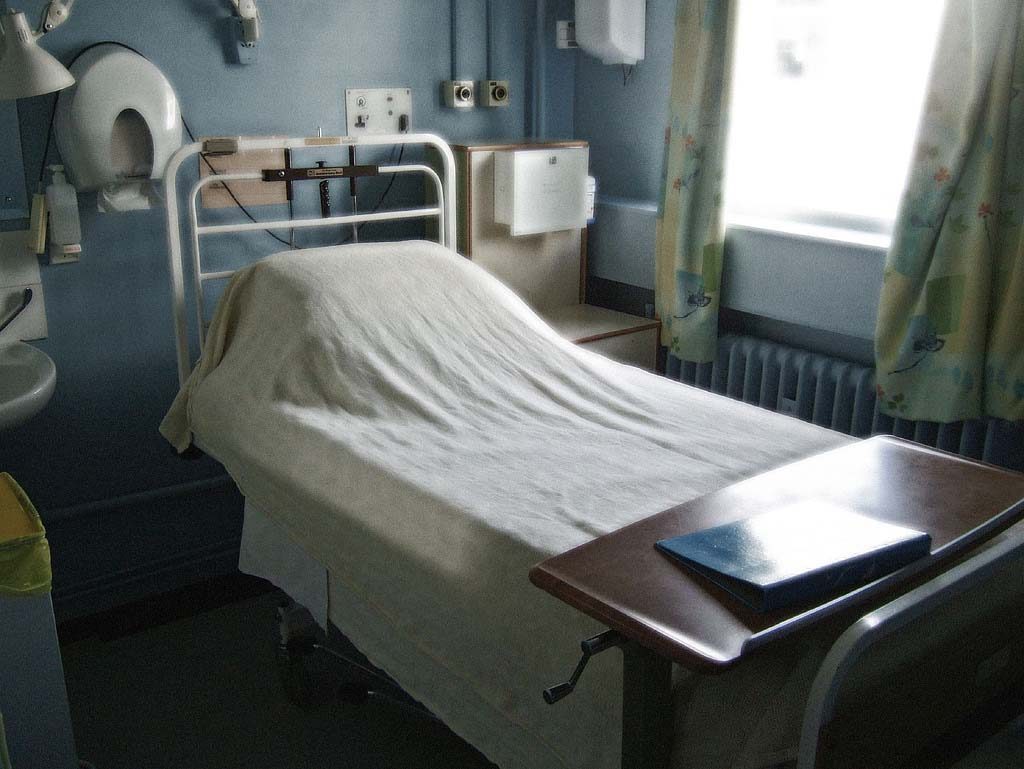Study: MERS virus is ‘serious risk’ in hospital environment

A new article in the New England Journal of Medicine (NEJM) has found that MERS – the novel coronavirus that’s claimed 33 lives, mostly in the Middle East – is a big infection risk in hospitals in the region.
The virus is easily transmitted from patient to patient in hospitals and clinics, said the team who wrote the report, after being invited by the Saudi Arabian government to investigate the outbreak in several KSA hospitals. They found that nine of the infected patients in KSA had received dialysis treatment at the same hospital.
According to Arabian Business, the NEJM report concludes that:
“Person-to-person transmission of MERS-CoV can occur in health care settings and may be associated with considerable morbidity. Surveillance and infection-control measures are critical to a global public health response.”
Cases on the rise
The World Health Organization has confirmed three new cases in Saudi Arabia in recent days, including one death. There have now been a total of 58 confirmed cases of MERS worldwide, leading to 33 deaths. Some 25 of these cases originated in KSA.
No new cases of MERS have emerged in Qatar since the virus was discovered last September, but a Tunisian man who visited the country in March and recently died at home is thought to have had contracted MERS here.
Symptoms
The most common symptoms of MERS are a fever, cough, and breathing difficulties, and occasionally diarrhea in patients with weakened immune systems.
So far, all human-to-human transmission of MERS has occurred within households, between colleagues, or in the hospital.
Thoughts?
Credit: Photo by Alex@Faraway







